M C
Maritime Courses
Maritime COURSES
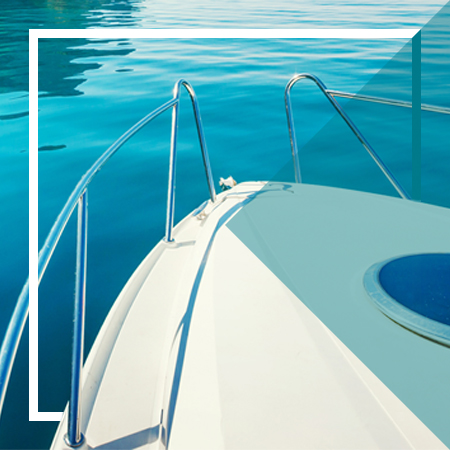
Certificate I in Maritime Operations (Coxswain Grade 2 Near Coastal)
MAR10418

Set sail towards a rewarding career in the maritime industry with our Certificate II in Maritime Operations (Coxswain Grade 1 Near Coastal). This course empowers you with the skills to command commercial vessels up to 12 meters within near coastal waters. Dive into practical and theoretical training on navigation, safety, and vessel operation, opening doors to opportunities on yachts, ferries, and fishing boats. With this qualification, the horizon is your limit – navigate your future towards leadership at sea.
This qualification is required to obtain an AMSA certificate of competency as a Coxswain Grade 1 NC as defined in the National Standard for Commercial Vessels (NSCV) Part D and Marine Order 505.
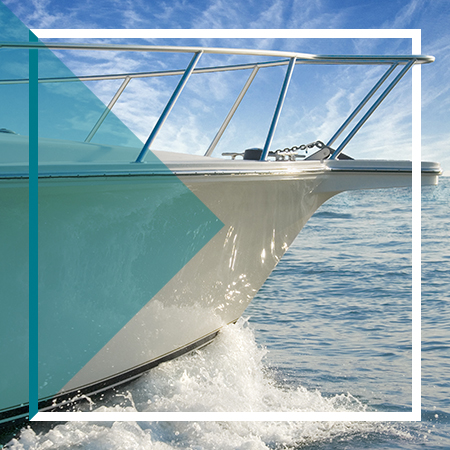
Certificate II in Maritime Operations (Coxswain Grade 1 Near Coastal)
MAR20321

Embark on a maritime career with the Certificate II in Maritime Operations (Coxswain Grade 1 Near Coastal). This qualification is tailored for individuals aiming to navigate the challenges of the maritime industry, offering the expertise to command vessels up to 12 meters in length. Whether your ambition is to steer a vessel with unlimited outboard engine power or operate an inboard engine up to 500 kW within inshore or designated waters, this qualification provides the essential skills and knowledge for proficient and safe vessel operation. This qualification not only sets the foundation for your career on the water but also opens the door to a range of opportunities within the exclusive economic zone (EEZ) up to 3 nautical miles from a parent vessel.
This qualification is required to obtain an AMSA certificate of competency as a Coxswain Grade 1 NC as defined in the National Standard for Commercial Vessels (NSCV) Part D and Marine Order 505.
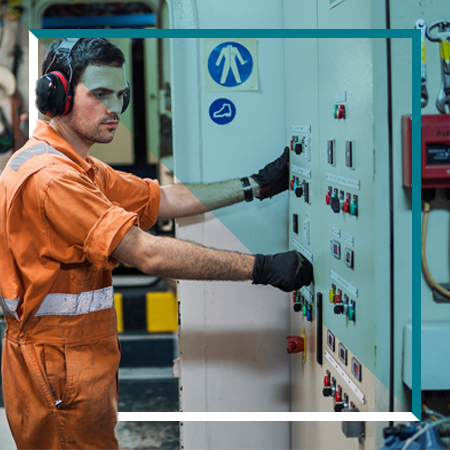
Certificate II in Maritime Operations (Marine Engine Driver Grade 3 Near Coastal)
MAR20421

Are you looking to work as a marine engine driver within the commercial vessel maritime industry?
Individuals who hold a current Marine Engine Driver (MED) 3 licence have the ability to work in and command operation and maintenance of vessel engines, equipment and auxiliary systems in engine rooms on board different size and types of commercial vessels.
This license is issued by the Australian Maritime Safety Authority (AMSA).
This qualification is required to obtain an AMSA certificate of competency as a Marine Engine Driver Grade 3 NC as defined in the National Standard for Commercial Vessels (NSCV) Part D.
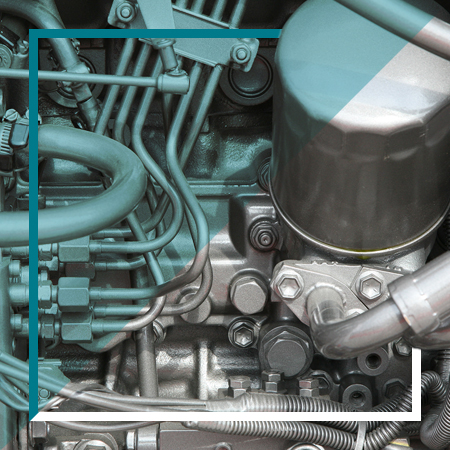
Certificate III in Maritime Operations (Marine Engine Driver Grade 2 Near Coastal)
MAR30821

Pursue a career in maritime engineering with our Certificate III in Maritime Operations (Marine Engine Driver Grade 2 Near Coastal). This qualification equips you for roles such as chief engineer on vessels with inboard engines up to 750 kW, unlimited outboard propulsion power, or as a second engineer on vessels with inboard engines up to 1500 kW. Additionally, it prepares you to assist in engine room tasks under supervision on vessels with inboard engines up to 3000 kW, marking a key step towards an AMSA certificate of competency in diverse maritime engineering capacities.
This qualification is required to obtain an AMSA certification as a Marine Engine Driver Grade 2 Near Coastal NC as defined in the National Standard for Commercial Vessels (NSCV) Part D and Marine Order 505.
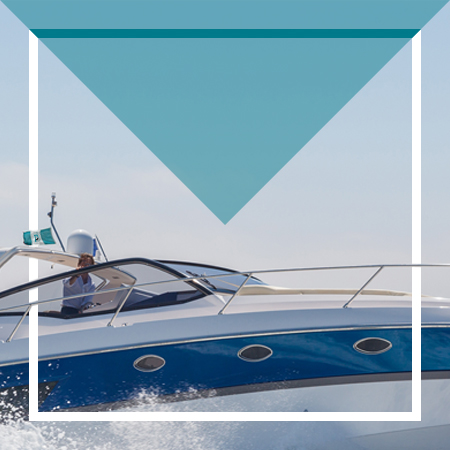
Certificate III in Maritime Operations (Master up to 24 metres Near Coastal)
MAR30921

Enhance your maritime industry career with our Certificate III in Maritime Operations (Master up to 24 metres Near Coastal), perfect for professionals seeking AMSA certification as masters of commercial vessels up to 24m in the EEZ, chief mates, or deck watchkeepers on vessels up to 35m in the EEZ, and up to 80m in inshore waters. Gain the skills and training needed for advanced positions on the sea. This course prepares you to navigate success in diverse maritime roles, setting you up for a future where opportunities abound.
This qualification is required to obtain an AMSA certificate of competency as a Master <24 metres NC as defined in the National Standard for Commercial Vessels (NSCV) Part D and Marine Order 505.

Certificate IV in Maritime Operations (Master up to 45 metres Near Coastal)
MAR40320

Set sail on a journey of professional advancement with our MAR40320 course, meticulously designed to propel your maritime career beyond the horizons. Completing this course doesn't just signify achievement; it paves the way for prestigious AMSA licensing, granting you the capability to command vessels up to 45 meters long within the Exclusive Economic Zone (EEZ), navigate ships up to 100 meters and under 3000 Gross Tonnage (GT) in inshore waters, assume the role of chief mate or deck watchkeeper on vessels up to 100 meters and under 3000 GT within the EEZ, and excel as a General Purpose Hand NC. Our comprehensive course is your gateway to mastering the seas, equipping you with the essential skills and knowledge to confidently tackle the maritime industry's challenges. Enrol today and chart a course towards a successful and fulfilling maritime career, where endless opportunities await on the vast ocean of possibilities.
This qualification is required to obtain an AMSA certificate of competency as a Master <45meters NC as defined in the National Standard for Commercial Vessels (NSCV) Part D and Marine Order 505.

Coxswain Grade 3
COXG3

The Coxswain Grade 3 course, incorporating units MARI003, MARK007, and MARN008, is designed for those seeking foundational skills in maritime operations. This course focuses on ensuring compliance with regulations for safe vessel operation, handling vessels up to 12 metres, and applying seamanship skills effectively. It's tailored for individuals aiming to work in the maritime industry, enhancing their competency in operating small vessels near coastal waters.
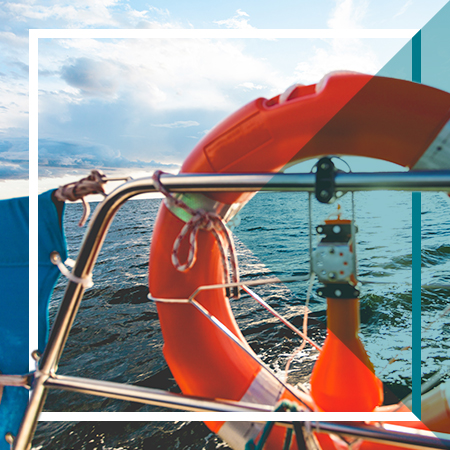
Shipboard Safety Skill Set
MARSS00008

This skill set is meticulously designed to cover critical survival and safety procedures, ensuring you're prepared for any challenge at sea. Students can expect to learn how to effectively respond in the critical moments following vessel abandonment, mastering the art of survival with essential skills that could one day save lives. Fire is a formidable threat at sea, but our training equips you with the knowledge to minimise risks and tackle fires on board confidently, ensuring the safety of all crew members. Health and safety go beyond emergencies; they're about creating a safe working environment. Our program covers the vital aspects of work health and safety, tailored specifically to the unique conditions of maritime settings. Furthermore, should the need arise to abandon ship, you'll be trained in surviving at sea using survival craft, an indispensable skill set that combines practical know-how with survival strategies to enhance your resilience and readiness in the face of adversity.
With a blend of practical skills and theoretical knowledge, this program is your compass to navigating the complexities of shipboard safety, paving the way for a secure and successful career in the maritime industry.
This certificate is required when working on any commercial vessel.
This Skill Set reflects the work required by people who need to complete shipboard safety units of competency required by the Australian Maritime Safety Authority (AMSA), and it contributes to a range of qualifications in the MAR Maritime Training Package.

Transmit and Receive Information by Marine Radio
MARC043

Unlock the power of marine communication with this dynamic qualification, your key to mastering the airwaves of the sea. Dive deep into the world of marine radio, where you'll not only learn to expertly transmit and receive information across very high frequency (VHF) and high frequency (HF) channels but also become adept at navigating the critical nuances of emergency communications. From operating sophisticated emergency position indicating radio beacons (EPIRBs) to handling search and rescue radar transponders (SARTs), automatic identification system search and rescue transmitters (AIS-SARTs), and AIS man overboard (AIS-MOB) devices, this course ensures you're prepared for every eventuality. With a special focus on digital selective calling man overboard (DSC-MOB) devices, you'll be at the forefront of maritime safety technology.
Beyond the waves and into the technical terrain, we'll guide you through essential radio equipment and power supply maintenance, alongside fault-finding procedures that are crucial for keeping communications crisp and clear in any condition. Step into this course and emerge as a guardian of the sea, where every frequency and signal could mean the difference between peril and safety.
This unit/ qualification is required to apply for a Long Range Operator Certificate of Proficiency (LROCP) through The Office of Maritime Communications at the Australian Maritime College.

Transmit and Receive Information by Marine VHF Radio within Australian Territorial Waters
MARC059

The MARC059 unit, synonymous with the Australian Waters Qualification (AWQ), is an indispensable study unit for boaters navigating within Australian Territorial Waters. Recognising the critical role marine VHF radio plays in ensuring maritime safety, this unit is tailored to equip you with the essential skills and knowledge for effective communication at sea. You'll delve into the correct usage of channels, understand distress and safety procedures, learn how to respond to emergencies, and grasp the significance of Digital Selective Calling (DSC) and its integration with GPS for enhanced rescue operations. Additionally, the unit covers the operation of Emergency Position Indicating Radio Beacons (EPIRBs) in distress situations, ensuring you're prepared to safeguard lives in critical moments.
Offered by registered training organisations (RTOs) and endorsed by the Department of Education, Skills and Employment, MARC059 adheres to the standards set by the Australian Industry Standards. Completion of this unit not only fulfills the requirements of the Radiocommunications Act 1992 and the Radiocommunications (Maritime Ship Station – 27 MHz and VHF) Class Licence 2001 but also signifies your capability to operate VHF marine radios within 12 nautical miles of the coast confidently and legally. Whether you're pursuing maritime proficiency or ensuring compliance with national communication regulations, the AWQ is your gateway to mastering marine radio operations, enhancing both your safety and that of others on the water.
Our Location
Paradigm Training Group is now conveniently positioned in two locations at Australia’s Greatest Boatyard, The Boat Works in Coomera, QLD.
Find the administration team, Business/ Leadership/ Work Health and Safety and First Aid trainers in our office and training rooms in Building J01A of the South Yard, a short walk from Espresso Twenty5 and Boatworks Car Museum.
Our maritime training rooms are also located in the South Yard, opposite The Boat Works administration office and slipway at A-05 on the waterside of Hanger H.
We'd love to hear from you
- Building J01A/ 1 Boatworks Drive, Coomera, QLD, 4209

